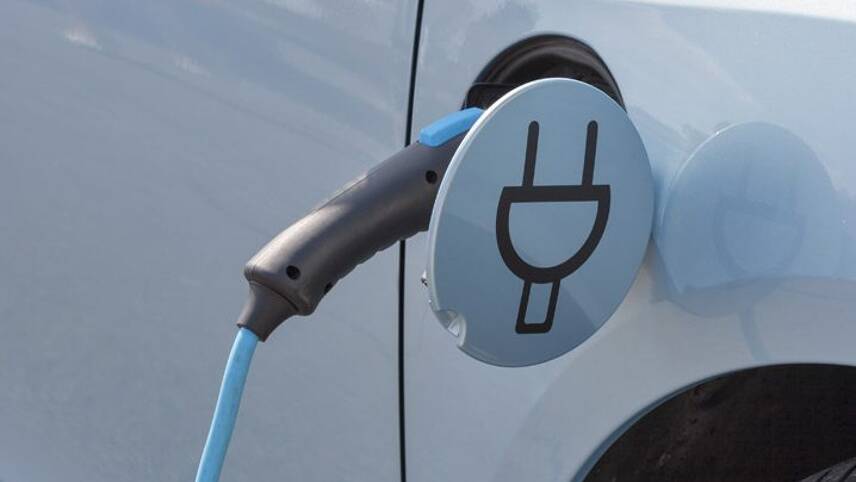Register for free and continue reading
Join our growing army of changemakers and get unlimited access to our premium content

We can’t deny the inevitable. Bloomberg predicts that by 2040, 67% of new car sales in Europe will be electric, with estimates that the majority of vehicles on the road globally could be electric vehicles (EVs) shortly thereafter. We know the ultimate destination, but a range of players need to come together for us to get there.
Opening the road to electrification is not as simple as the flick of a switch. Everybody from national governments and multinational businesses to local councils, local employers and consumers must play their part. There is opportunity for all, but only if collaboration is the engine that drives everything. In this global EV effort, coordination is key.
Open for business
Support for EVs is an opportunity for businesses to gain competitive advantage by showing they are ethical, progressive and innovative. With low running costs, exemption from the London Congestion Charge and the lowest benefit-in-kind (BIK) tax rate offered for them, EVs could even become the company car of choice. The plug-in car grant provides 35% towards the purchase price, up to a maximum of £4,500, while the plug-in van grant provides 20% towards the purchase price, up to a maximum of £8,000. Incentives are ready to be seized on by those looking to cater to the future workforce.
However, as the number of EVs increases, the sentiment that businesses that adopt are progressive will disappear. Once the tipping point occurs, customer and employee charging becomes an expectation to the point where its absence will become a liability. Businesses need to push now to win long-term.
Renewing the energy market
This is also the case in the energy market. The reputation of energy companies has taken a continued hit over the past decade, with calls for bills to be capped, headlines each year on the winter fuel crises and the non-renewable energy links to pollution and climate change. The globalisation of e-mobility is a chance for these organisations to recast relationships with customers, gain competitive advantage and reinvent themselves as an innovative and progressive force for good.
The faster that energy companies can embrace a smart and customer-centric approach to e-mobility, the better relationships they can build with customers – especially those worried about the environment. This can take the form of smart programmes that encourage electrification, while ensuring local control.
Planning ahead
There’s a growing need for charging infrastructure to support the rising number of EVs on the roads, with sales of electric vehicles in the UK surging by 35% in 2017 – as diesel car sales continue to plummet.
Electrification offers city planners and local authorities have the biggest opportunity in decades to rethink urban spaces and improve the quality of life for residents, while also attracting businesses, talent and tourism.
Planners should balance short-term gains and long-term aims, embracing e-mobility to meet existing air quality targets and improve living standards, while also seeing it as a chance to completely reimagine towns and cities. For example, as car ownership declines, parking spaces risk becoming redundant, so there’s an opportunity to utilise space. It truly is a chance to use the reset button, take a step back and think about what it is society should get from the space it operates in.
Manufacturing the future
Automakers are looking beyond the short-term to truly embrace electrification today, in order to lead the way tomorrow.
Electrification is an opportunity for auto companies to evolve business models. Sure, brand loyalty and pride of ownership will still be relevant to the future of the automotive industry, but manufacturers need to redesign these principles and understand how they can be applied to the industry’s future-state, changing customer expectations, and the evolving perception of mobility.
Shared journey
The EV market doesn’t need to be a fractured world where hyper-competitiveness slows progress. The intention to move to e-mobility is there, and it requires everyone involved to continue pushing each other towards the ultimate destination.
For a shared EV future, we need a shared journey that puts everyone in the driving seat.
Chris Burghardt is European managing director at ChargePoint



Please login or Register to leave a comment.